Uncategorized
-
 Health & Medicine
Health & MedicineBlood pressure may read falsely high if the arm isn’t positioned properly
A clinical trial found blood pressure readings were higher with the arm on the lap or along the side, compared with supported at heart height.
-
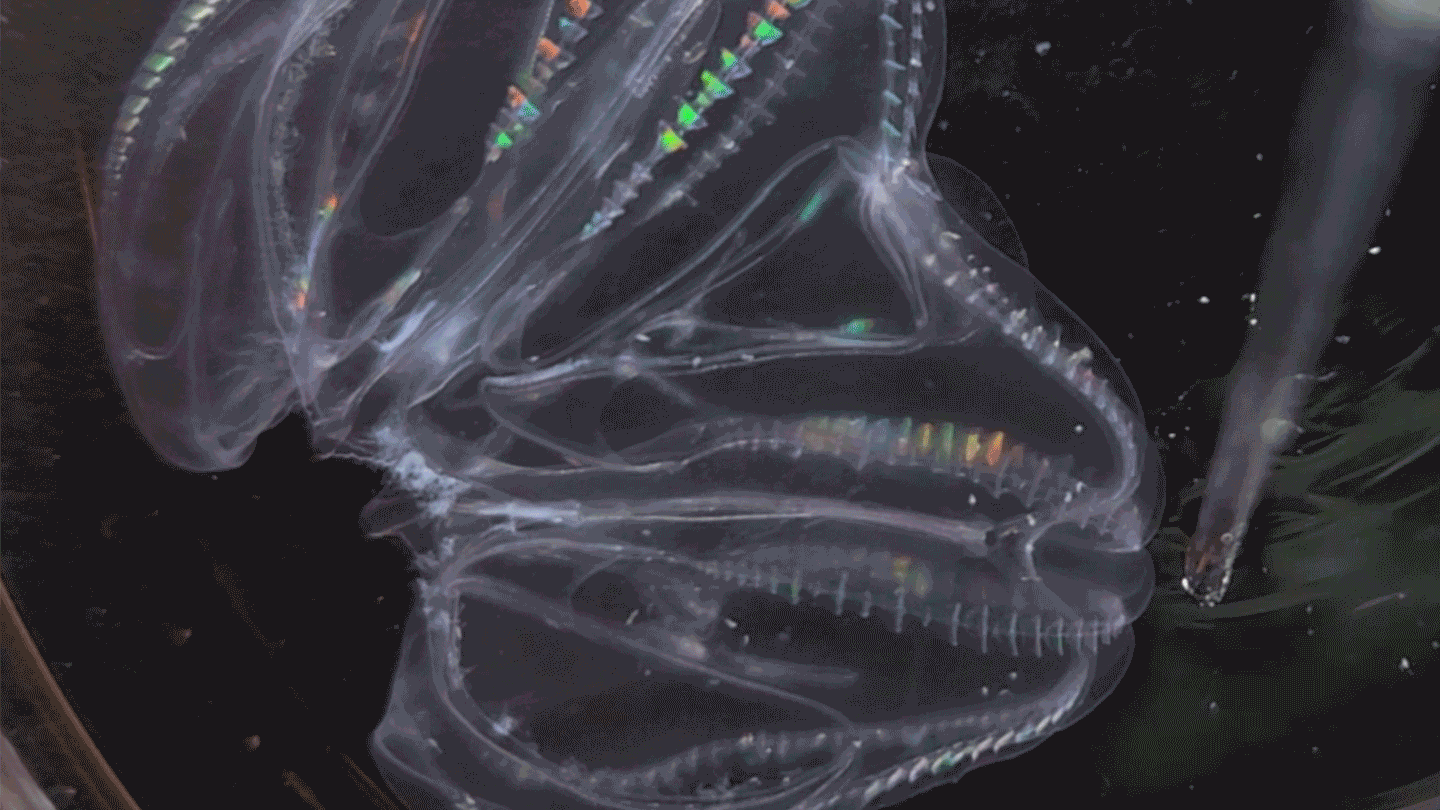 Animals
AnimalsThese sea creatures can fuse their bodies
A species of comb jelly can fuse its body with another jelly after injury. Some of the pair’s body functions then synchronize.
By Jude Coleman -
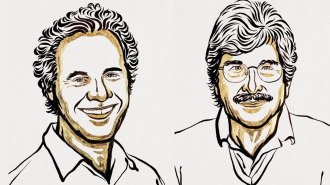 Genetics
GeneticsThe discovery of microRNA wins the 2024 physiology Nobel Prize
Victor Ambros and Gary Ruvkun found a new principle of gene regulation essential for all multicellular organisms.
By Tina Hesman Saey and Sophie Hartley -

Embracing the collective nature of science
Editor in chief Nancy Shute celebrates this year's SN10: Scientists to Watch and novel approaches to research.
By Nancy Shute -

-
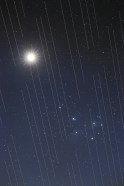 Space
Space50 years ago, satellites threatened astronomers’ view of the cosmos
As satellite launches ramp up and the spacecraft clog the skies, astronomers fear for their data.
-
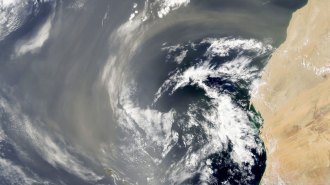 Oceans
OceansA transatlantic flight may turn Saharan dust into a key ocean nutrient
Over time, atmospheric chemical reactions can make iron in dust from the Sahara easier for organisms to take in, helping to create biodiversity hot spots.
By Douglas Fox -
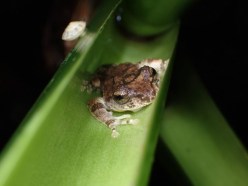 Animals
AnimalsSome tadpoles don’t poop for weeks. That keeps their pools clean
Eiffinger’s tree frog babies store their solid waste in an intestinal pouch, releasing less ammonia into their watery cribs than other frog species.
-
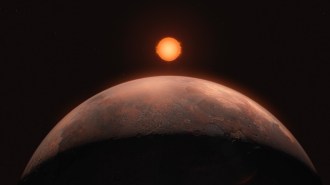 Astronomy
AstronomyBarnard’s star has at least one planet orbiting it after all
After decades of searching, a telltale gravitational wobble points to an exoplanet orbiting the nearby red dwarf every 3.15 days.
By Sid Perkins -
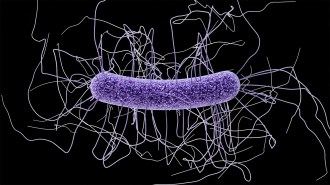 Health & Medicine
Health & MedicineAn mRNA vaccine protected mice against deadly intestinal C. difficile bacteria
An mRNA vaccine that targets several aspects of C. difficile’s ability to cause severe disease prevented major symptoms and death in mice.
-
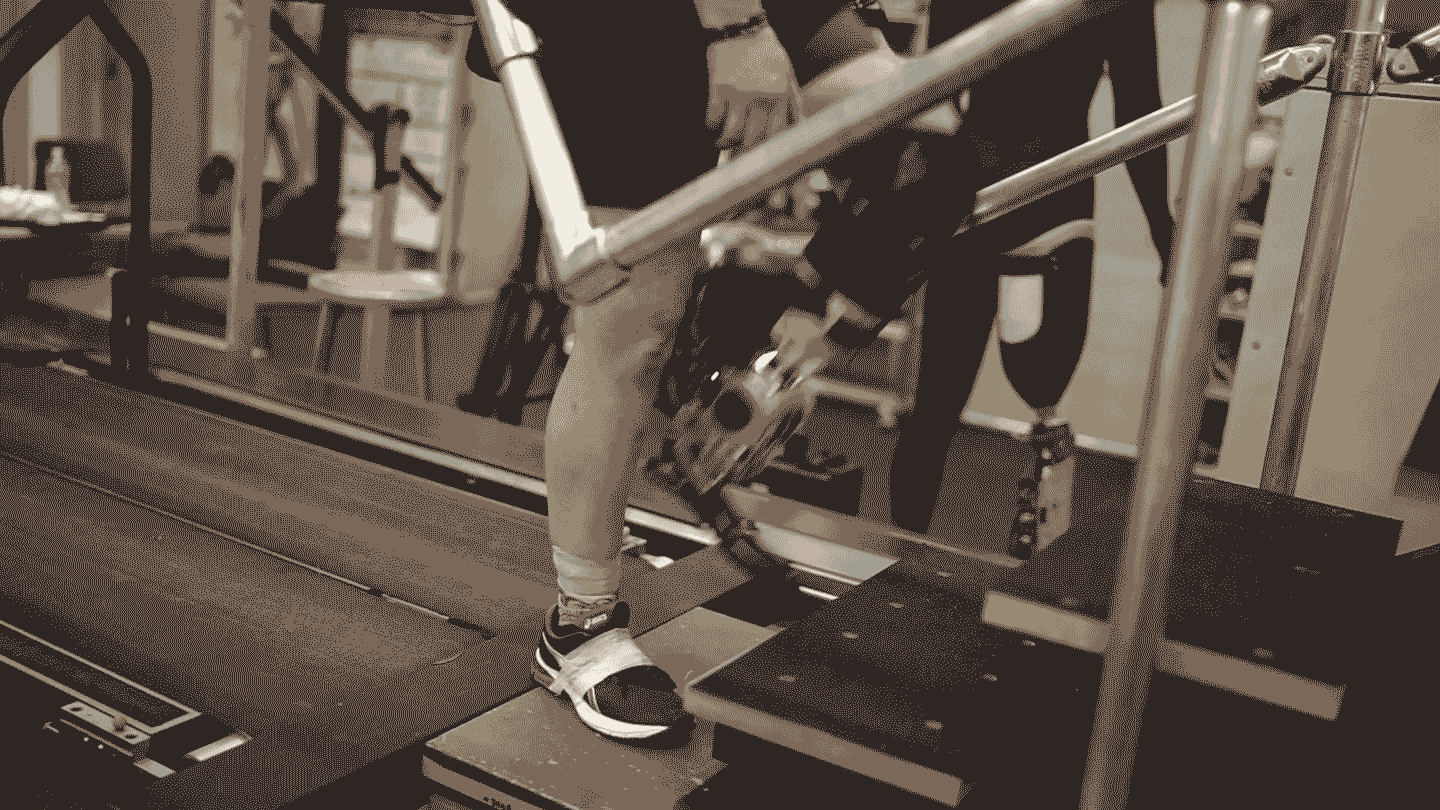 Health & Medicine
Health & MedicineBrain-controlled bionic limbs are inching closer to reality
Bionics engineers typically view biology as something to be worked around. “Anatomics” engineers the body to be part of the system.
By Simon Makin -
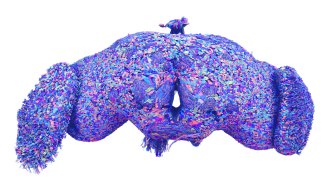 Neuroscience
NeuroscienceScientists have traced all 54.5 million connections in a fruit fly’s brain
By tracing every single connection between nerve cells in a single fruit fly’s brain, scientists have created the “connectome,” a tool that could help reveal how brains work.